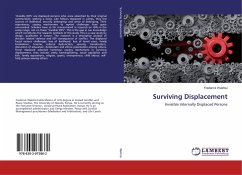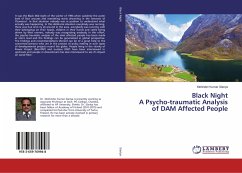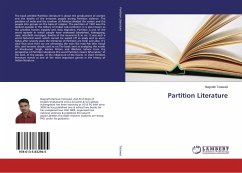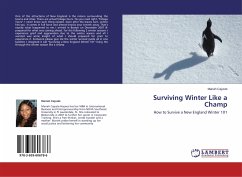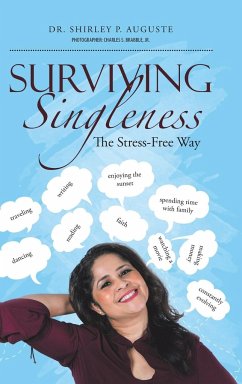'Invisible IDPs' are displaced persons who were absorbed by their original communities' seeking a living. Like fellows displaced in camps, they lost sources of livelihood, security, belongings and sense of belonging. Their experiences, coping mechanisms to myriad challenges have gone unrecorded. Scholars have so far concentrated in research on IDPs in the camp range, not on these "invisible IDPs". This is the gap in our knowledge which constitutes the research problem of this study. This is a case study by design, qualitative in nature. The research is a descriptive analysis of election related violence and IDP consequence of conflict. The displaced faced various challenges; loss of livelihood, loss of loved ones, family breakdown, trauma, cultural dysfunction, security, translocation, disruption of education, destitution and ethnic polarization among others. These displaced adopted numerous coping mechanisms in surviving displacement, they include: petty farming/fishing, social capital/kin and kith, family separations, religion, sports, entrepreneur, child labour, self-help groups among others.
Bitte wählen Sie Ihr Anliegen aus.
Rechnungen
Retourenschein anfordern
Bestellstatus
Storno

